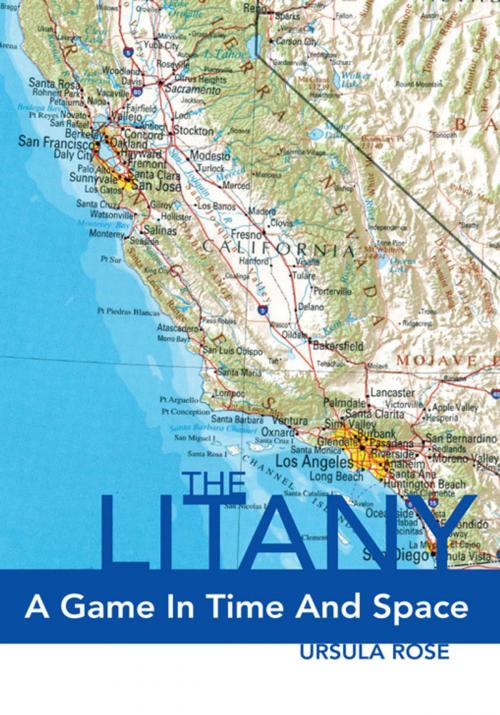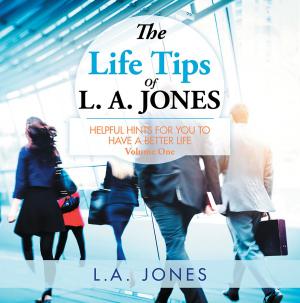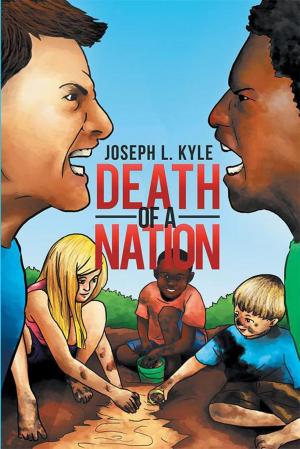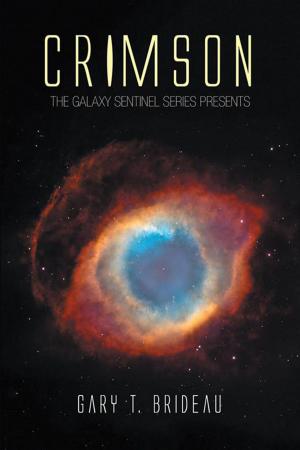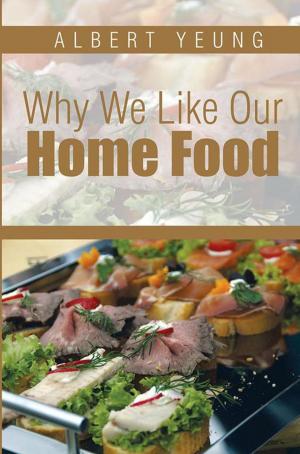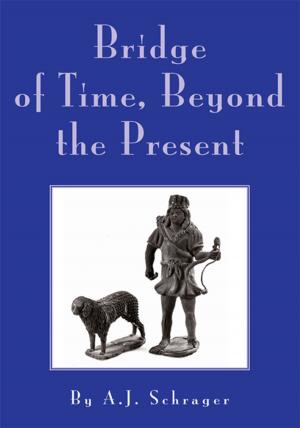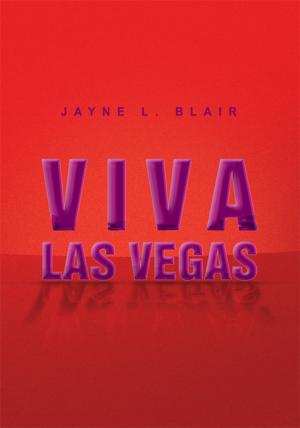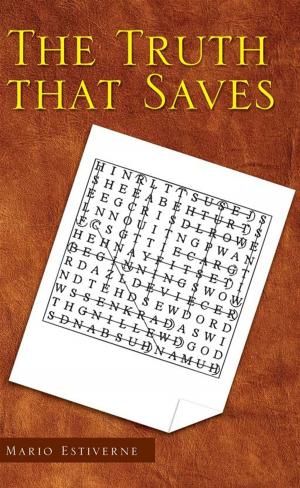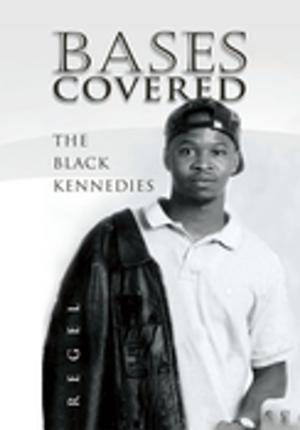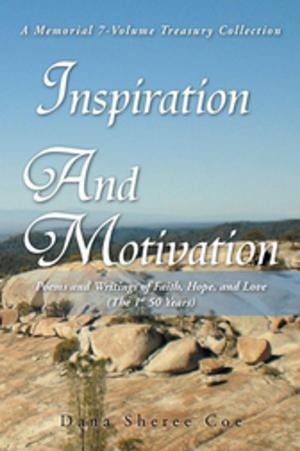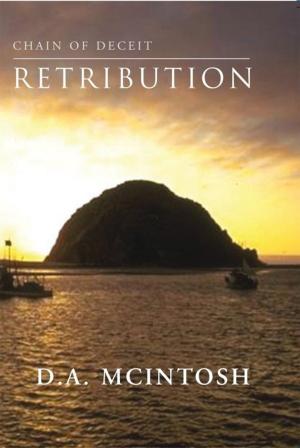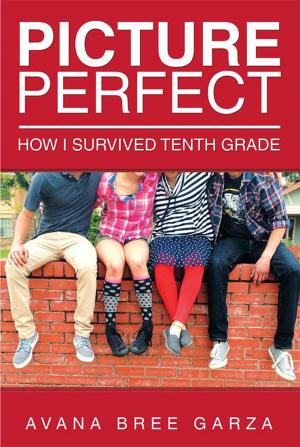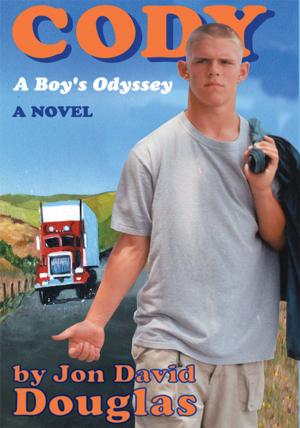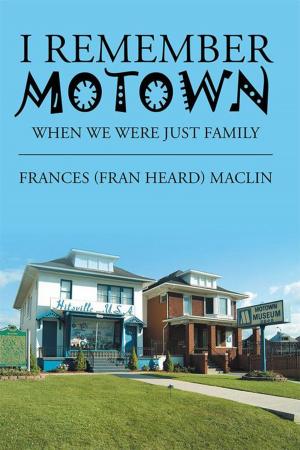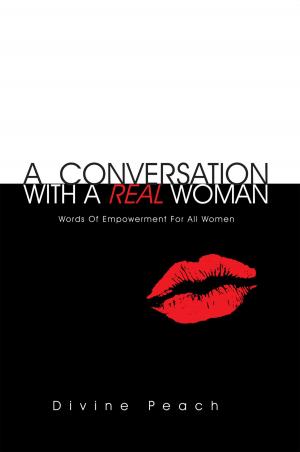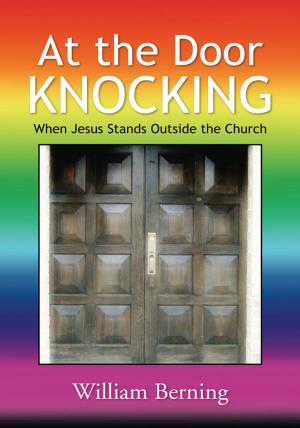| Author: | Ursula Rose | ISBN: | 9781462828371 |
| Publisher: | Xlibris US | Publication: | November 28, 2006 |
| Imprint: | Xlibris US | Language: | English |
| Author: | Ursula Rose |
| ISBN: | 9781462828371 |
| Publisher: | Xlibris US |
| Publication: | November 28, 2006 |
| Imprint: | Xlibris US |
| Language: | English |
Visit the author's website at http://homepage.mac.com/nancyhrose
This book chronicles the connection of one family to a particular piece of geography in the Central Valley of California.
It is a road memoir written while plying up and down the two main highways, from Southern California to the Bay Area, and up into the High Sierras. The dark blue Volvo wagon travels the two interstates at highway speeds, sometimes taking the old road, Highway 99, and sometimes the new road, Highway 5, going back and forth between Los Angeles and San Francisco--never slowing down and almost never stopping. People ask me what my book is about. I say life, being inclusive but evasive. Or I say its about the cabin or the lake or my family or the Central Valley, being more particular but probably less accurate. Truth and honesty are also problematic. Who knows?
So if I dont really know what its about, whats in it to be gotten out? Mostly it came out of a realization of how important this particular piece of geography was to me, how big a part of my life it was. Something I had never realized before. It was all bound up with my family. I had repudiated them to go off with my husband. Then when he repudiated me, that helped me get closer to my own past.
Like other road books it is a journey to self, a voyage of self-discovery. Like other memoirs it turns out to be finding oneself through discovering the connection to ones family. Now I belong to myself.
The word-hoard is unlocked: out of its store Im repaying my debt to the matriarchy by reproducing the words of my mother, aunt, grandmother, and great-great-grandmother. As I write I have an intense feeling of dj vu. I have heard this all before, said this all before, written this all before. The trickle became a stream, the stream flowed into a river, the river merged with the sea.
This book began suddenly one night as I was driving along a stretch of road in the San Joaquin Valley, somewhere near Sanger, California. It continued as I drove along the roads of the Central Valley, going up to the cabin or heading up to Berkeley to visit my daughter Sharon- -who was a student there from 1980 to 1984. It was written down in roadside cafes, sitting on the dock at the lake, or in the library at the University of California, but it was often composed at the wheel, as I was rolling along.
It is impossible to talk about the book without talking just like the book, since it is itself so concerned with its own gestation process. It talks to itself and about itself constantly, incessantly. Who am I to say what it is about? Praise from Susan Pepper Robbins:
A hymn to California, the Central Valley, and Highway 99, the Litany is full of the anger, joy, and pain of family life, together with an obvious love of the world. The writing has been compared to that of Joan Didion, Doris Lessing, and Wallace Stevens. Set in the San Joaquin Valley and the High Sierras, the essays treat of the many transformations that occur in a family:
the death of the father and the birth of a granddaughter, the departure of a husband and the beginning of a new life, the acquisition of a mountain cabin and its loss to heavy snows. People are born and die, come together and split apart; houses are built and destroyed, crops bloom and ripen, the moon rises and sets. The elements are a powerful force determining events. It is a road book written in real time on the open road, on the highways of California; it also travels to Europe: to Paris, London, Italy, Greece and Israel. The book is full of buried anecdotes that glow through the surface texture. It tells a lot of truth with its lies.
Visit the author's website at http://homepage.mac.com/nancyhrose
This book chronicles the connection of one family to a particular piece of geography in the Central Valley of California.
It is a road memoir written while plying up and down the two main highways, from Southern California to the Bay Area, and up into the High Sierras. The dark blue Volvo wagon travels the two interstates at highway speeds, sometimes taking the old road, Highway 99, and sometimes the new road, Highway 5, going back and forth between Los Angeles and San Francisco--never slowing down and almost never stopping. People ask me what my book is about. I say life, being inclusive but evasive. Or I say its about the cabin or the lake or my family or the Central Valley, being more particular but probably less accurate. Truth and honesty are also problematic. Who knows?
So if I dont really know what its about, whats in it to be gotten out? Mostly it came out of a realization of how important this particular piece of geography was to me, how big a part of my life it was. Something I had never realized before. It was all bound up with my family. I had repudiated them to go off with my husband. Then when he repudiated me, that helped me get closer to my own past.
Like other road books it is a journey to self, a voyage of self-discovery. Like other memoirs it turns out to be finding oneself through discovering the connection to ones family. Now I belong to myself.
The word-hoard is unlocked: out of its store Im repaying my debt to the matriarchy by reproducing the words of my mother, aunt, grandmother, and great-great-grandmother. As I write I have an intense feeling of dj vu. I have heard this all before, said this all before, written this all before. The trickle became a stream, the stream flowed into a river, the river merged with the sea.
This book began suddenly one night as I was driving along a stretch of road in the San Joaquin Valley, somewhere near Sanger, California. It continued as I drove along the roads of the Central Valley, going up to the cabin or heading up to Berkeley to visit my daughter Sharon- -who was a student there from 1980 to 1984. It was written down in roadside cafes, sitting on the dock at the lake, or in the library at the University of California, but it was often composed at the wheel, as I was rolling along.
It is impossible to talk about the book without talking just like the book, since it is itself so concerned with its own gestation process. It talks to itself and about itself constantly, incessantly. Who am I to say what it is about? Praise from Susan Pepper Robbins:
A hymn to California, the Central Valley, and Highway 99, the Litany is full of the anger, joy, and pain of family life, together with an obvious love of the world. The writing has been compared to that of Joan Didion, Doris Lessing, and Wallace Stevens. Set in the San Joaquin Valley and the High Sierras, the essays treat of the many transformations that occur in a family:
the death of the father and the birth of a granddaughter, the departure of a husband and the beginning of a new life, the acquisition of a mountain cabin and its loss to heavy snows. People are born and die, come together and split apart; houses are built and destroyed, crops bloom and ripen, the moon rises and sets. The elements are a powerful force determining events. It is a road book written in real time on the open road, on the highways of California; it also travels to Europe: to Paris, London, Italy, Greece and Israel. The book is full of buried anecdotes that glow through the surface texture. It tells a lot of truth with its lies.
